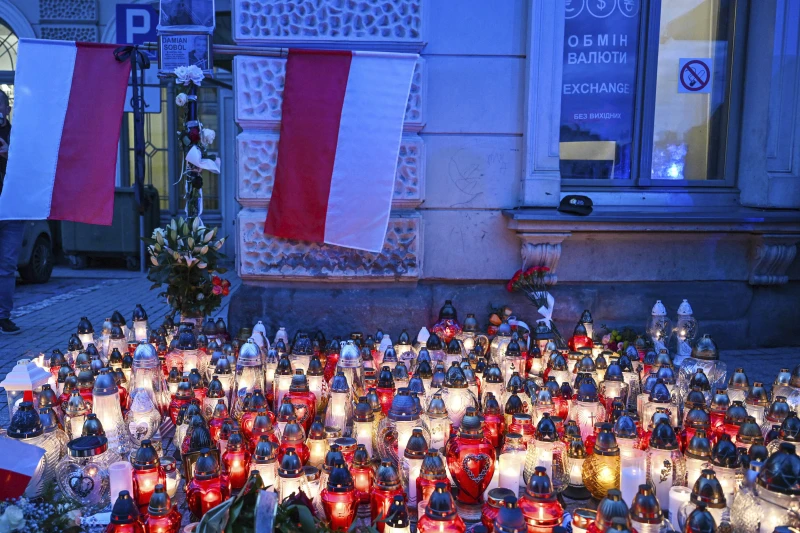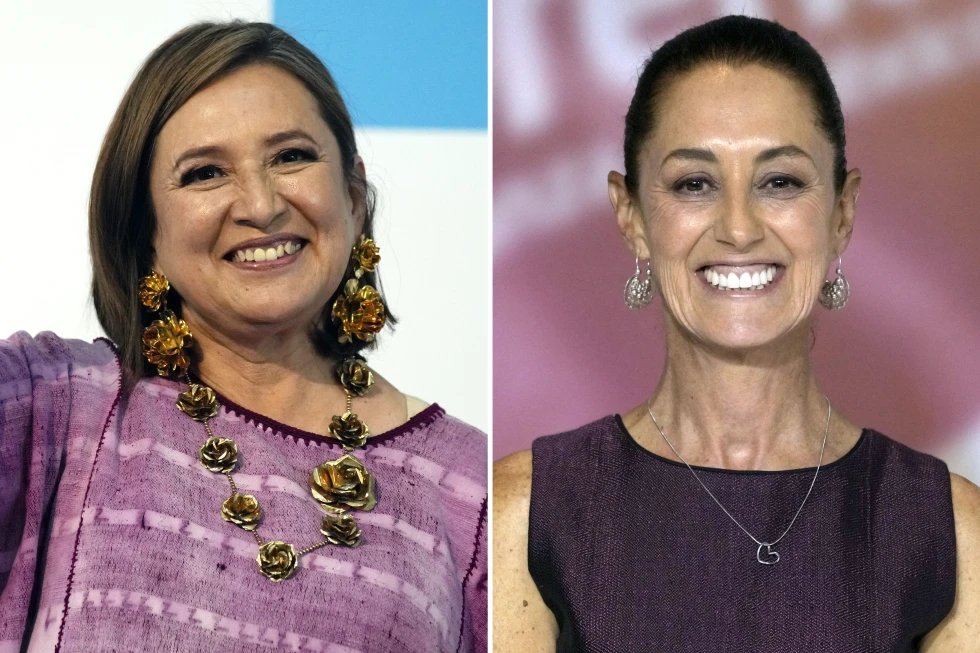The first presidential debate in Mexico ahead of the June 2 elections was a significant event that showcased the contrasting styles and approaches of the candidates vying for the country’s top office.
The frontrunner, former Mexico City Mayor Claudia Sheinbaum, appeared poised and confident in her lead, while ex-Senator Xóchitl Gálvez launched personal attacks in an attempt to gain ground.
Jorge Álvarez Máynez, a candidate from the Citizen Movement party, presented himself as an alternative to the “old politics” represented by the other two contenders.
The debate covered a wide range of topics, including health, education, corruption, transparency, vulnerable groups, and violence against women.
It was a platform for the candidates to present their visions for Mexico and address pressing issues facing the country.
Sheinbaum emphasized her commitment to continue transforming Mexico, while Gálvez sought to undermine her opponent with pointed criticisms.
Gender also played a significant role in the debate, with both Sheinbaum and Gálvez potentially making history as the first woman president of Mexico.
This is particularly noteworthy in a country with a reputation for gender-based violence and a male-dominated culture. The candidates’ approaches to addressing gender issues and promoting equality were important aspects of their platforms.
Despite the looming presence of outgoing President Andrés Manuel López Obrador, mentions of him were surprisingly few during the debate.
This suggests that the candidates are focused on presenting their own ideas and visions for the future of Mexico, rather than relying on the legacy of the current administration.
One of the key points of discussion in the debate was the issue of migration to the United States. The candidates agreed that migrants should be protected and respected on their journey through Mexico, in contrast to the security-focused approach advocated by the U.S. government.
This reflects a commitment to human rights and compassion in dealing with the complex issue of migration.
Overall, the first presidential debate in Mexico was a significant event that provided insight into the candidates’ leadership styles, policy priorities, and visions for the country.
As the election approaches, voters will have the opportunity to evaluate the candidates’ performances and make an informed decision about the future direction of Mexico.
The recent presidential debate in Mexico was marked by a glaring omission – the lack of discussion on the country’s escalating levels of violence and the targeted killings of local candidates.
Despite these pressing issues, the candidates chose not to address them in depth during the debate. However, it is anticipated that a subsequent debate will place a heavy emphasis on security topics, shedding light on the critical situation facing Mexico.
One of the candidates, Sheinbaum, did briefly touch upon the recent raid of Mexico’s Embassy by Ecuadorian police.
She interrupted the debate to express gratitude towards the embassy staff for their bravery in the face of such a challenging situation. This incident serves as a stark reminder of the risks and dangers that individuals working in diplomatic missions often face.
The lack of focus on Mexico’s soaring levels of violence and the targeted killings of local candidates during the debate is concerning.

These issues are of utmost importance and cannot be ignored. The safety and security of the Mexican people, as well as those working in diplomatic missions abroad, should be a top priority for any candidate vying for leadership in the country.
It is imperative that the upcoming debate addresses these pressing security concerns head-on. The candidates must present concrete plans and strategies to tackle the rampant violence and ensure the safety of all individuals within Mexico’s borders.
Ignoring or downplaying these issues only serves to further endanger the lives of innocent civilians and exacerbate the already dire situation facing the country.
In conclusion, the recent presidential debate in Mexico failed to adequately address the critical issues of violence and insecurity plaguing the nation.
The upcoming debate must rectify this oversight by placing a strong emphasis on security topics and presenting viable solutions to combat the escalating levels of violence.
The safety and well-being of the Mexican people should be the foremost priority for any candidate seeking to lead the country towards a brighter and more secure future.
